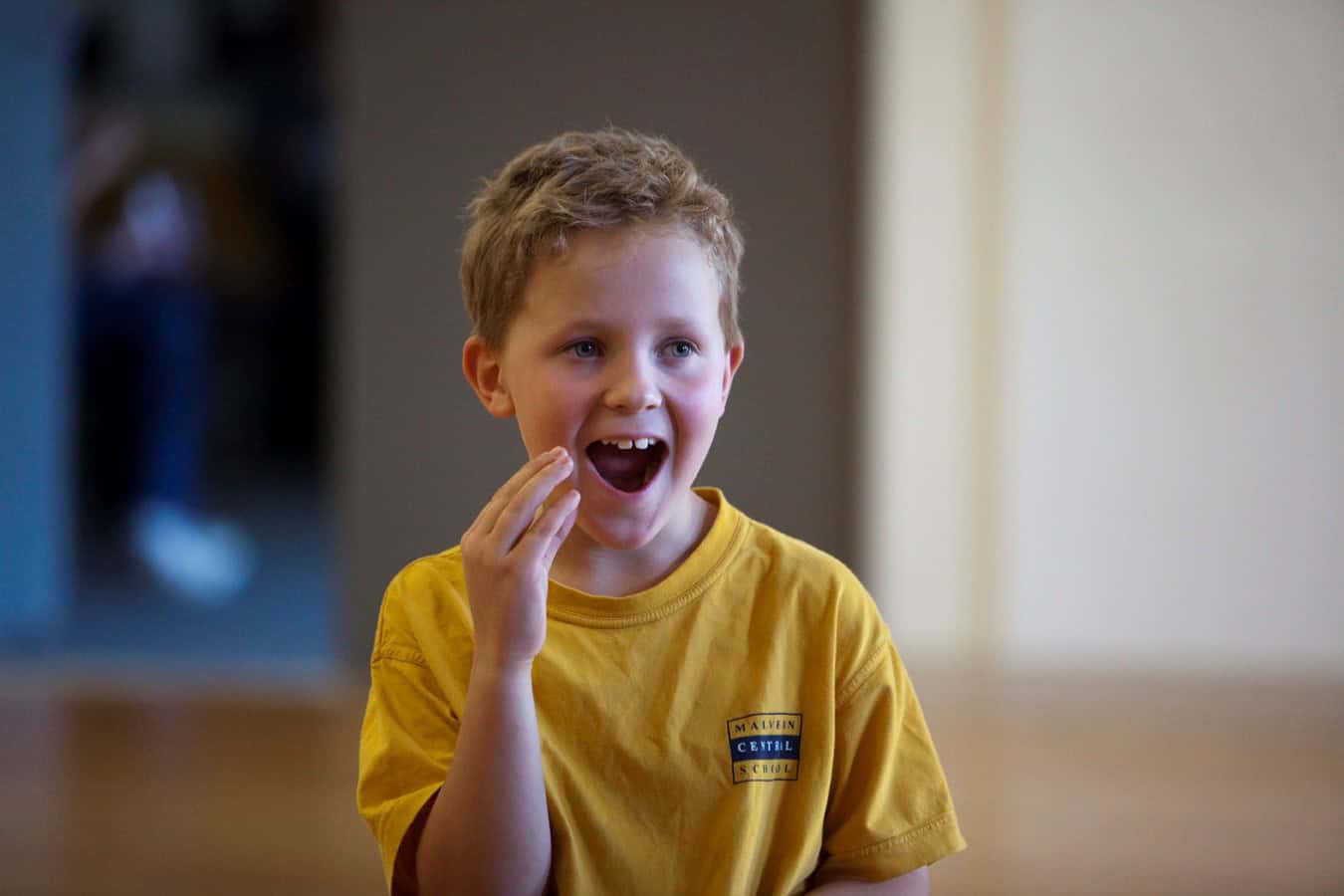Children can begin developing public speaking and communication skills as early as preschool, but the prime window for growth is between ages 6 and 12. Starting at this age helps them build confidence and become effective communicators as they grow.
Here’s a simple guide by age:
- Ages 3-5: Encourage simple storytelling and sharing ideas with family. At this stage, formal programs may offer limited benefits, but nurturing communication at home is key.
- Ages 6-8: This is an ideal time to start public speaking with formal programs. Support your child in speaking confidently in front of small groups like classmates or friends.
- Ages 9-12: Introduce more structured activities such as presentations, debates, and group discussions to build stronger speaking skills.
- Teenagers: Focus on refining delivery, managing nerves, and developing persuasive and confident communication for real-world situations.
Starting early with age-appropriate activities sets kids up for success. Programs like Super Speak are perfect for all ages to learn public speaking in a fun and supportive way.
FAQs: Public Speaking and Communication Skills for Kids
Q: What is the best age for kids to start learning public speaking?
A: While children can begin developing communication skills as early as preschool, ages 6 to 12 are considered the prime years to build confidence and effective speaking habits.
Q: Can preschoolers benefit from public speaking activities?
A: Yes, but at this stage it is more about encouraging storytelling and sharing ideas at home. Formal programs may have limited benefits before age 6.
Q: Why is ages 6–8 a good time to begin formal programs?
A: At this age, children are curious, open to learning, and comfortable practicing in small groups, making it an ideal time to start structured public speaking activities.
Q: How do public speaking skills develop in ages 9–12?
A: Kids at this stage are ready for more structured activities such as presentations, debates, and group discussions that build confidence and critical thinking.
Q: Should teenagers still practice public speaking if they missed earlier opportunities?
A: Absolutely. Teenagers can refine delivery, manage nerves, and develop persuasive communication skills that prepare them for school, work, and life beyond.
Q: How does Super Speak help kids of different ages?
A: Super Speak offers age-appropriate programs designed to build skills progressively, ensuring kids gain confidence while having fun in a supportive environment.

